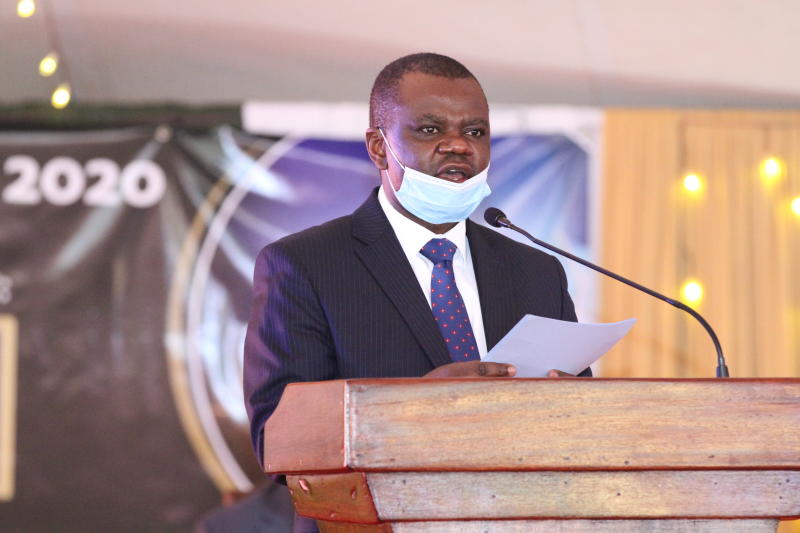×
The Standard e-Paper
Home To Bold Columnists

The national government has connected 16 Level 4 and 5 hospitals to high-speed internet as part of efforts to achieve Universal Health Coverage (UHC).
The health facilities are connected to the local area networks (LANs) and the National Optic Fibre Backbone Infrastructure (NOFBI) to improve hospital administration and patient care. This is also expected to improve telemedicine.